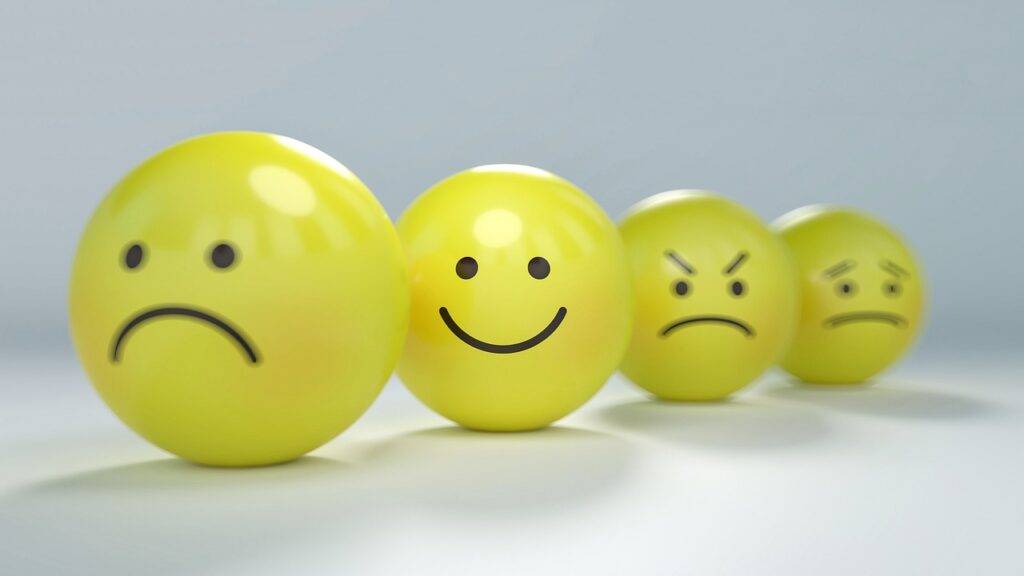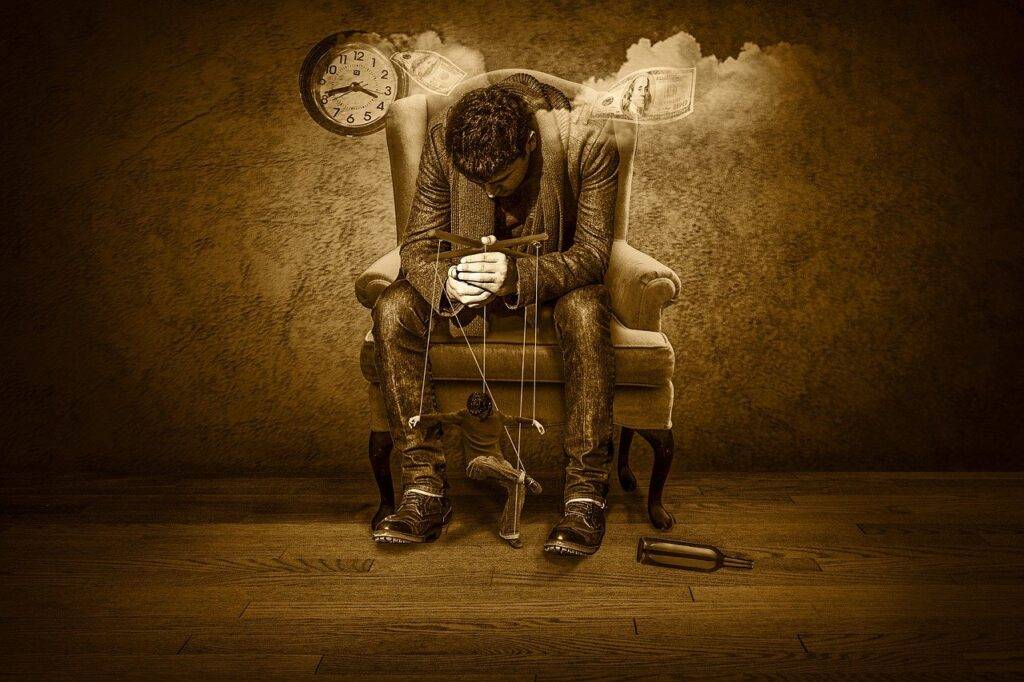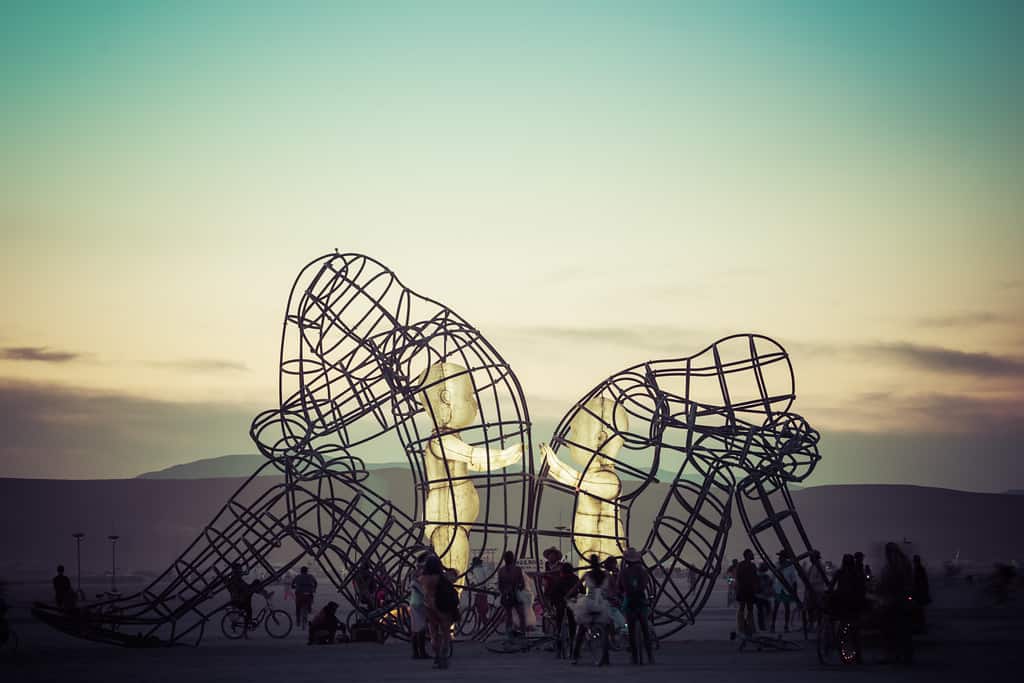
Childhood Innocence
Childhood innocence used to be a part of all our lives. Remember when life used to be so simple as a child? None of us were preoccupied with bills, politics, and the fundamental intricacies of international world affairs. Simplicity morphed into complexity, and reality became distorted from the innocent things we used to know as kids.
Waking up used to be exciting. The only concern we really had on our minds was how much fun and adventure we could cram into our day with the neighborhood kids.
Playing in the woods, using our lucid imaginations, staying up late, indulging in too many sweets, and fantasizing about the mysteries that the world could hold were all the central focus of our adolescent minds.
Life was good then. We were so full of hope and wonder; eager for what we would discover through our journey. We had big dreams and aspirations for when we grew up. And we felt like nothing in this world could hold us back from reaching our full potential.
Becoming an astronaut and experiencing the breathtaking views from outer space didn’t seem so out-of-this-world. Packing everything in a backpack and discovering who you are while traversing the globe wasn’t such a farfetched idea.
Even picking up a guitar, writing songs, and playing to sold-out shows seemed just as possible as fighting fires or starring in the latest blockbuster film.
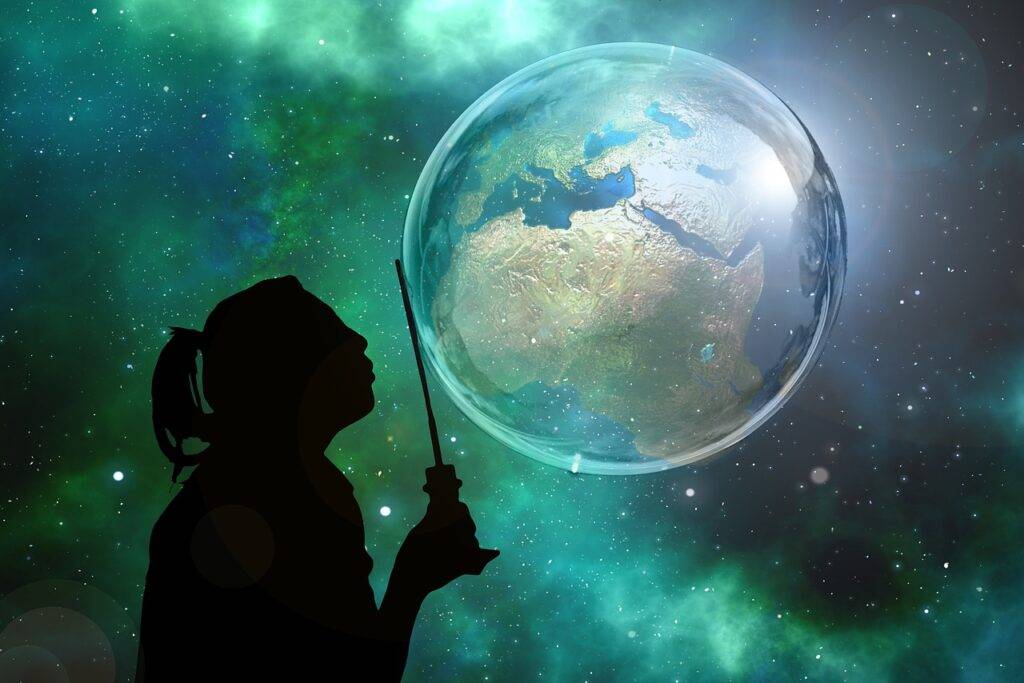
Innocence Morphs Into Reality
But somewhere along the way, something changed. Something altered our perceptions. The world began to transform from the hopeful dreams we exalted as children to the bleak reality that persists as adults.
We began to accept mediocrity and our small, insignificant place in a seemingly hostile and violent world.
Pessimism colored our awareness. Untrustworthiness disseminated across the once-vibrant vision of the world we thought we were going to embrace growing up. Childhood innocence and wonder slowly waned and gave way to travesty, deadlines, and societal obligations.
We exchanged the astronaut suit for a business tie and succumbed to the standard 9-to-5 office job routine. The backpack got replaced by an oversized suitcase that we use once every few years to indulge in an all-inclusive tropical vacation to drown out the sad reality of the direction our lives have taken.
The guitar slowly gathers dust in the corner as monetary commitments take precedence over how we spend our time in regard to productivity and efficiency. The innocent things that used to hold so much potential slowly dulled and lost their inspiring charms.
How does this happen exactly? What causes the light in our eyes to slowly burn out and glaze over? How do we come to accept the stark contrast from the vivid world we saw as children? Why is it that reality has to look so dismal as we grow into adulthood?
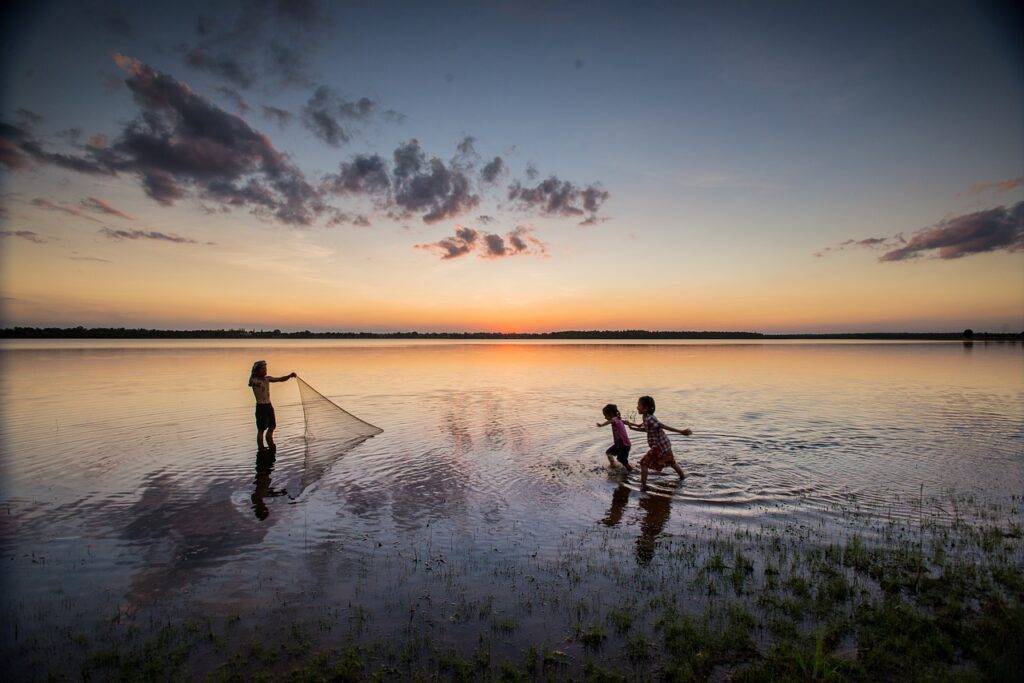
The Loss of a Child’s Innocence
As every one of us comes into this world, we are all born innocent and full of hope. We enter life as pure beings, and we perceive everything through a lens of optimistic wonder.
By nature, human beings are inherently good. However, it is the wounds and pretensions of others and society at large that threaten and distort our view of the world.
This resets our perception to one of pessimism and destroys our sense of open hearts. As we grow up, more and more of these negative beliefs and patterns get swept in.
They get buried within our subconscious mind until we are just a shadow of the individual we used to be. It is these environmental stimuli that influence and breed the nasty behavior we see spreading across society today.
Consequently, people’s negative words and actions stem from these accumulated wounds that they have collected whilst growing up.
These unfavorable behaviors, then, are not directly a result of the pure beings they were born as, but rather they are a repercussion of the thoughts and patterns they unknowingly picked up and learned along the way.
People are gradually shaped and molded by outside influences. The messages that our mainstream media outlets continue to plaster all across our screens and devices become their truth.
These media outlets sometimes seek to facilitate agendas and ideologies by portraying a somewhat skewed sense of reality through catchy headlines.
By not giving an accurate representation of the truth, fallacies and misconceptions start to fester and spread across the world. Without prior enlightenment of how unreliable and biased this information can be, individuals, especially innocent children, accept these stories and perceive these major headlines as ubiquitous occurrences that seem to infect the world at large.
These inaccurate depictions then, become the guiding narratives of many adolescents as they make the transition into adulthood. This is why you should never believe what the news tells you.
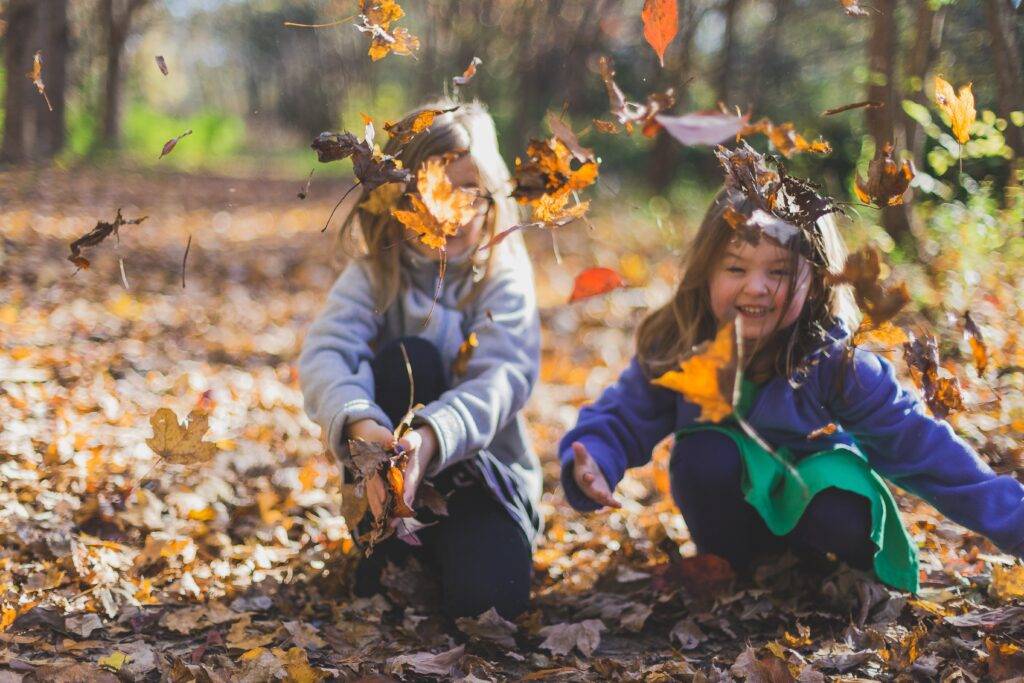
The Influence of the Media
It’s no surprise that young children are very receptive and impressionable to almost anything you expose them to. The gestation period for children is the pinnacle of learning for them as they navigate the world and find their unique place in it.
During this crucial period, they will mimic your actions, pick up certain habits, and foster beliefs based on the findings they come across.
This is why it is very important to watch and moderate what children are paying attention to. Children and adolescents are highly impressionable during this time. This means childhood innocence is very fragile and can be corrupted depending on what information they are tuning into.
Nowadays it’s hard to come across a young child or adolescent who doesn’t own a smartphone. I understand as a parent why you would want your child to have a phone. You want them to be able to contact you, in case of emergencies, ect.
But I strongly believe this is the moment where the erosion of a child’s innocence truly begins. Kids these days go down the rabbit hole of YouTube, TikTok, and biased news feeds.
With unfettered access to these channels, it’s no wonder kids know so much more about the world than they did decades ago. That little device in your pocket is the gateway access key to unlimited knowledge for whatever you may be curious about. Everything is just one Google search away.
Sure, some of you may argue that you can set up parental guidance or safety search measures to protect your children from that kind of information. But honestly, do you think that stops them from figuring out loopholes around that?
Kids are so damn tech-savvy these days. I’m certain it only takes them a few tries to calculate how they can quietly cover their tracks and shut down your parental protection.
After the firewalls come down, children can search for anything. From pornography, to gender identities, to racism, to terrorism, to sexuality, to the dark web. The list goes on and on.
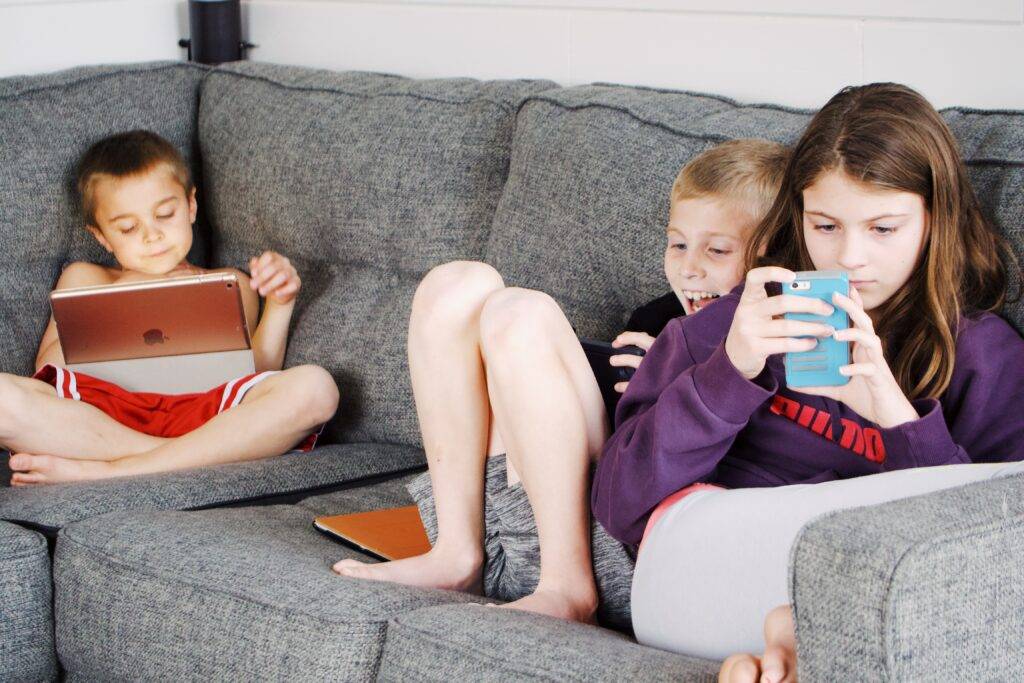
Underlying Messages Erode Innocence
Now don’t misunderstand me here. I believe it’s essential to introduce real-world issues to younger generations but at an appropriate time and place. Children should embrace being kids, letting their imaginations soar, instead of being overwhelmed by topics their young minds can’t grasp.
Growing up is challenging enough without the added concerns of adult issues such as gender roles, sexual orientation, nuclear threats, or human trafficking fears. Deliberating about these things at too young of an age impedes development. It makes growing up more difficult than it needs to be. Innocent children don’t need that kind of stress.
We see the underlying messages wrapped up in advertisements, trending social media posts, and television shows. Even educational institutions now mandate these contentious topics in the standard curriculum students must complete today.
Instead of nurturing children and stimulating their imaginations, however, society seems to be more concerned with pressing these complex topics onto young underdeveloped minds that can’t seem to grasp the difficult nature of these issues.
Since children are not yet even mentally prepared to indulge in such complicated topics, it’s no wonder they are coming into this world more confused nowadays than they were decades ago.
Society continues to impose these complex ideas on us, despite our brains not fully maturing until our mid-to-late twenties. Children are now experiencing higher levels of depression, identity crises, apathy, and a lack of respect and empathy for others.
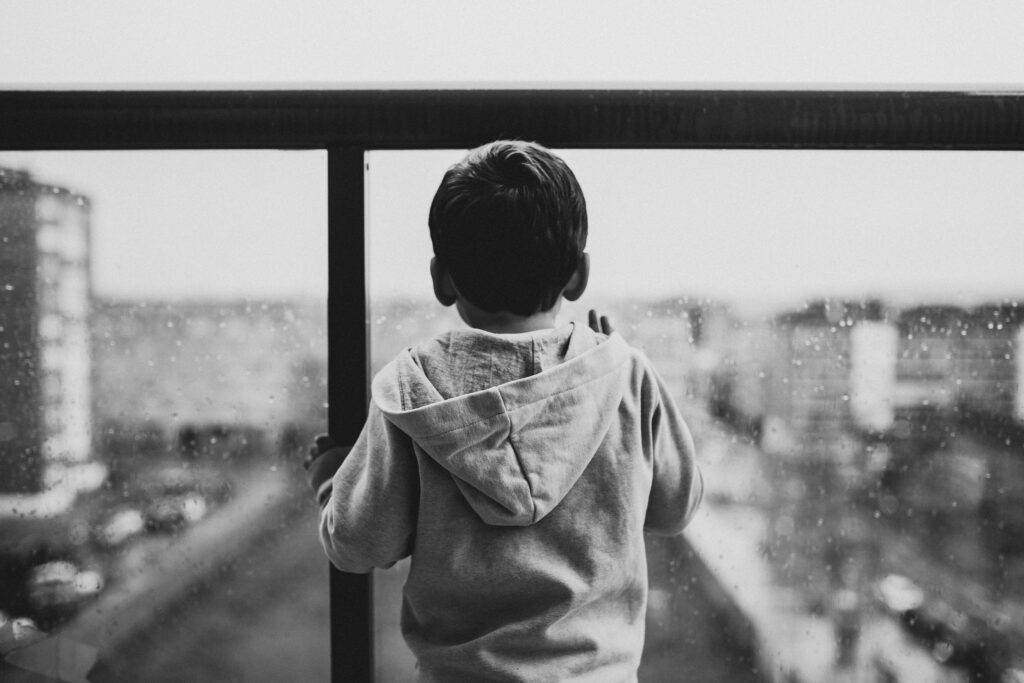
Access to Information is the Problem
The problem here is not in the technological devices themselves but in the access to information that we allow these innocent children to delve into. The more knowledge a child acquires about the world, the faster that childhood innocence will erode.
As we become aware of global tragedies, cynicism and skepticism creep in. The innocent things we used to entertain as kids started to change. We started isolating ourselves, fearing we could become victims of the next unfortunate crime.
The woods that we grew up playing in no longer sparked interest and imagination. We viewed it differently because we acquired the knowledge of insects carrying fatal diseases and animals that could potentially harm us if we were to accidentally wander into their territories.
As children, making new friends felt natural, focusing on sharing laughter and memories. Now, approaching strangers feels different, more ominous.
A recent news story about a murder has led to mistrust of people beyond your close circle of friends. How could people be so cruel? Another leaf of childhood innocence breaks off and withers away.
The more stories of unfortunate circumstances that we take in, the more that innocent glow of wonder begins to fade away. We don’t actively choose to forgo our innocence. Rather, it’s the narratives that we choose to entertain ourselves with that determine our disposition and outlook on the world.
The world can indeed be a dark place, but as adults, we have to actively choose to see the light. The fact is that most people are good, not evil

Awareness Colors Our Perception
It’s not that the world seems more depressing than it once was. It’s just that we’re more aware of the pain and suffering of others due to social media and online presence. This makes it seem more real and vivid.
Just because a story made headline coverage does not mean it is the norm rather than the exception of everyday living. You’ve got to remember that news media companies are out to get your attention. They are not trying to give you an accurate picture of everything you see on television. If it bleeds, it leads right?
Tragic stories of crime and death will always be the most intriguing headlines that capture peoples’ attention. Sadly, people find fascination in the abnormality of the injustices that continue to infect our world.
We want to dissect and understand what makes these heinous individuals tick and why they would actively go out of their way to ruin someone else’s life. The media outlets understand this fact and utilize it to their advantage very well too.
They know what strings to pull and what buttons to press to grab your attention. Surrendering our attention to these stories too often has the unintended effect of painting over our eyes until we see the world how these companies want us to see it.
This keeps us tuned in to their coverage. As a result, they get a bigger payout at the end of the week.
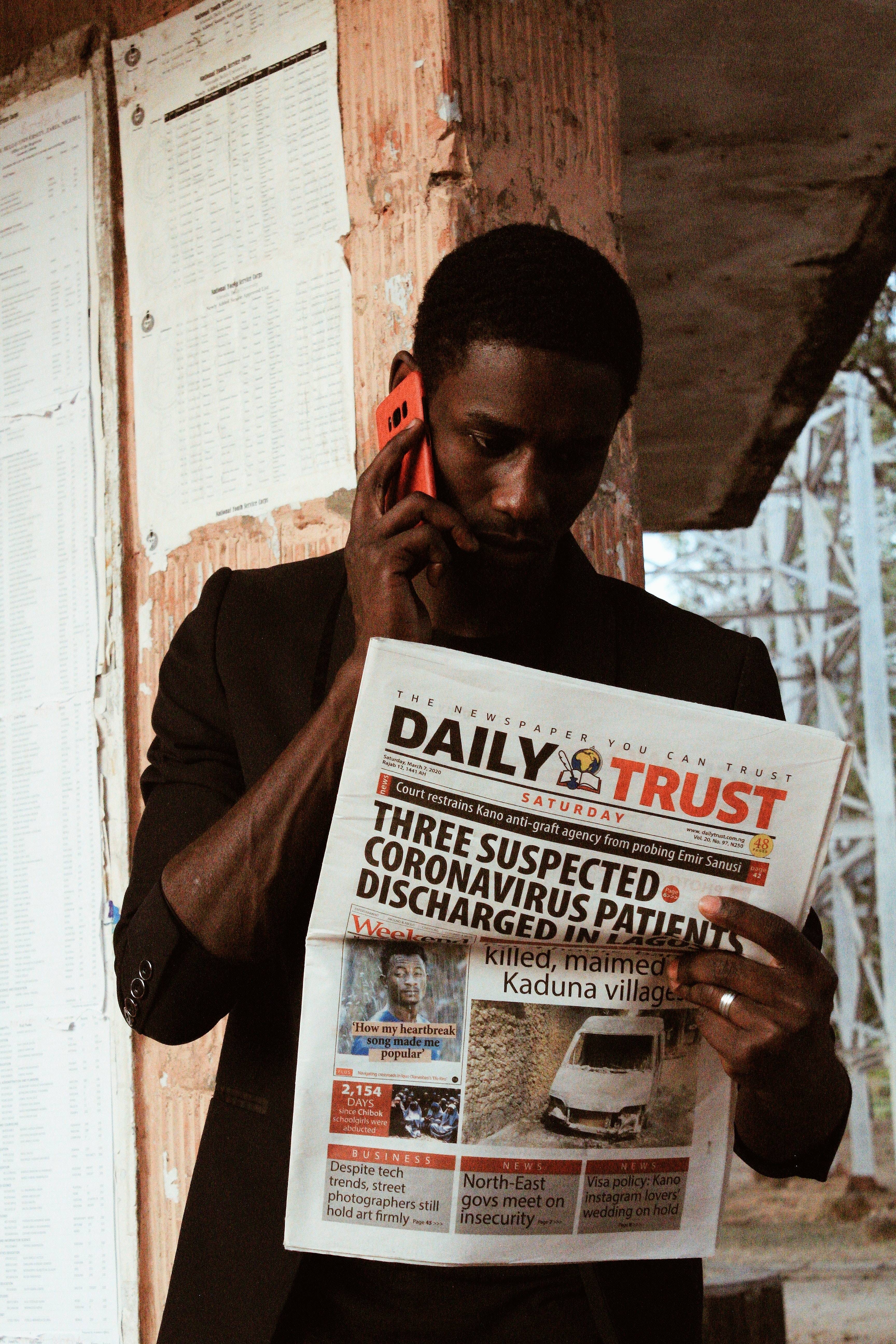
Evidence Will Support Your Conclusions
I don’t pay attention to major news outlets for this exact reason. It always seems to be some variation of doom and gloom. You don’t have to quit cold turkey like I did.
But I would advise you to moderate and pay attention to what you’re reading up on. Do your own research on a place and do so from several different resources.
You can’t believe everything the papers are telling you. Just because a crime happened in a specific neighborhood does not necessarily mean the whole town is full of criminals.
Becoming hyper-focused on catastrophe causes you to seek it out more than you already would. Again, this erodes away that magic wonder we had back when we were kids. It all comes around full circle.
The information you focus on and seek out will find you. Now I’m not saying don’t be naive. These things do happen, and I believe everyone should maintain a healthy sense of caution and awareness.
However, when that caution morphs into paranoia, you’ve got a bigger problem on your hands. Accepting everything at face value is lazy, shuts down analytical thinking, and prevents you from discovering the truth for yourself.
Why would you actively focus all of your energy on negativity and calamity? It’s mentally debilitating and can explain why a lot of people don’t trust one another nowadays. It’s a self-fulfilling prophecy.
If you act in such a manner that everyone’s out to get you, you will perceive that reality. You will make the pieces fit into that vision you’ve created for yourself. That vision then becomes your reality.
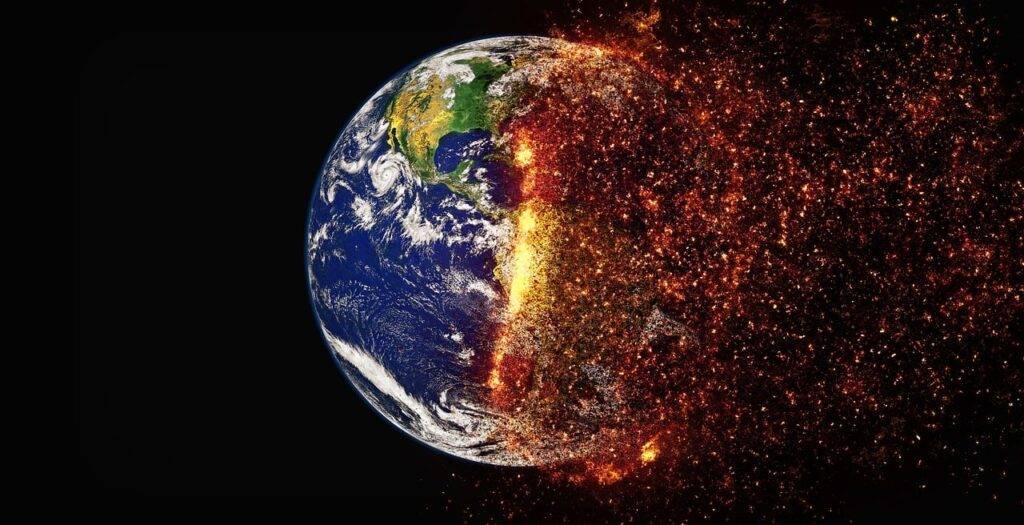
Innocence is the Key to Reclaiming Wonder
The amount of access to information we have in today’s modern technological era can be a blessing. With everything just a few searches away, there’s no limit to what anyone can accomplish.
But this information can also be our Achilles heel. Going down the rabbit hole of doom and gloom and focusing too much on the bad things of the world have devastating consequences of their own. By doing so, we become bound to the shackles of fear, misconceptions, false ideologies, and the injustices of the world.
We are designed to be free. And we can still reclaim part of that innocent wonder we had so much of as children. Human life just got more complex and complicated with the rise of technology and information.
We became seduced by the glitter of more and not enlightened by the power of less.
We lost our enchantment with the world, and we forgot how to marvel at the miracle of life. We do not stand in awe at the majesty of it all anymore.
Instead, we curl up and hide away from a world that used to hold such grandeur. Our skepticism and cynical view of the world have made us lose trust in ourselves and the magic of the universe.
We forgot how to believe and how to see the innate good in others. This is perhaps the biggest tragedy of all. This cynicism has weakened our spirits and impoverished our souls.
The thing about childhood innocence is that you see things for what they are, not how they are supposed to be. You don’t place your prejudices or ideals over the lenses that filter the image of the world you envision.
You accept everything as it is and understand that everyone and everything has its place and purpose.
Perhaps this is the first step towards rekindling some of that childlike wonder of the world. Respect others as they are and don’t try to force your opinions on them.
Don’t be dogmatic and maybe listen every once in a while. You might learn something in the end and discover that we all aren’t that different after all.
